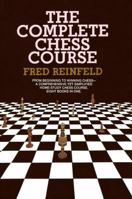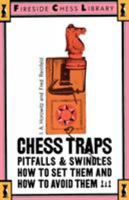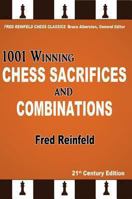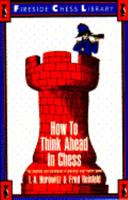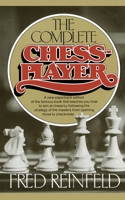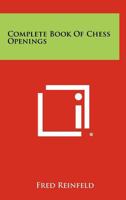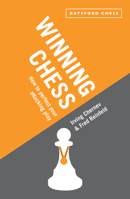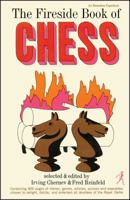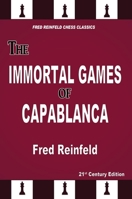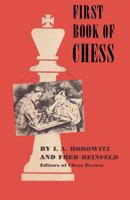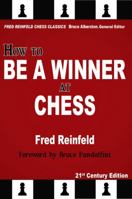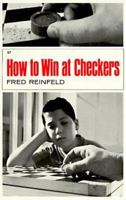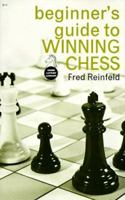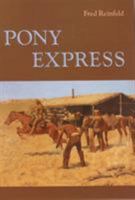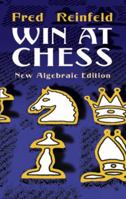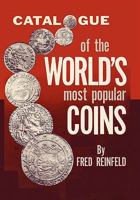AURORA
Select Format
Select Condition 
Book Overview
Vivo dentro Te Anima, mi stai Creando attraverso il Tuo Respiro, attraverso le Tue Emozioni, nulla pi?. Potresti cercare di provare in mille modi la mia esistenza, ma continuerei a dirti che Tu mi Crei perch? Credi al mio Esistere. Sono come un'Onda che Vibra in Te e la forma che mi dai ? Tua. Sono l'esatto Riflesso di quello che Tu ritieni di meritare dalla Luce del Sole, nulla pi?. Nel momento in cui avrai Ritrovato la Luce del Sole allora comprenderai che quanto Ti ho scritto e quanto Ti ho sussurrato altro non sono che Preghiere che Tu hai Sussurrato a Te.
Format:Paperback
Language:English
ISBN:0892832193
ISBN13:9780892832194
Release Date:July 1986
Publisher:Servant Publications
Length:184 Pages
Weight:0.53 lbs.
Dimensions:0.6" x 5.2" x 8.0"
More by Fred Reinfeld
Customer Reviews
11 customer ratings | 3 reviews
There are currently no reviews. Be the first to review this work.











![Paperback Aurora [Italian] Book](https://i.thriftbooks.com/api/imagehandler/m/3D6445F4BE68252A621AC2C9155F8B176BC7AD15.jpeg)

